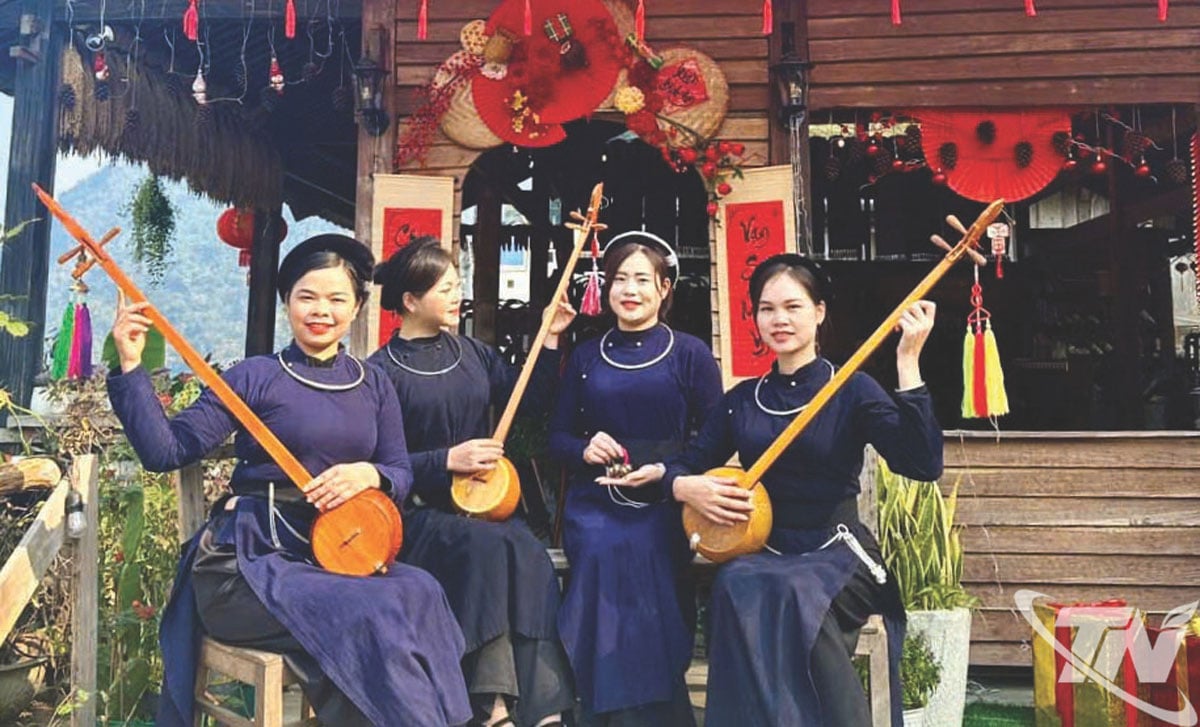 |
| Thai Nguyen has great potential to create a "duet" of land and people with the musical notes of Tra - Then - Folk songs - Festival culture on the basis of "taking tea culture as the focus to develop community and ecological tourism ". |
Soul of the land, soul of people in a cup of tea and a piece of music
As a child born and raised in Thai Nguyen , I love the mild astringency and sweet aftertaste of a cup of tea. For generations, the tea tree has been deeply rooted in the subconscious, shaping the character and life of the people here.
Behind the sweet aftertaste of a cup of tea is a culture of diligence, thrift, of drops of sweat watering the land and patiently watching each batch of fire. Tea culture is a culture of stillness, of depth, a narrative of the earth.
If Tea is stillness, Then is freedom and freedom. As a representative intangible cultural heritage of humanity associated with the spiritual life of the Tay and Nung people, Then is the voice of the human heart sent to heaven and earth, stories about origin, love, and prosperous harvests.
Tea is the product of the earth, and Then is the voice of the people. If Tea holds people's feet with its taste, Then holds people's souls with its free and romantic melodies. The reunion of Tea and Then in the process of tourism development has created a poetic cultural dialogue.
I remember once visiting a family that had been making tea for a long time in Tan Cuong commune. By the glowing fire, a woman with hands stained by time was stirring tea in a large cast iron pan.
The aroma of tea began to spread, blending into the space. From the old radio placed in the corner of the house, the sound of the Tinh lute and the clear Then voice were playing. As she worked, she hummed softly along, the wrinkles at the corners of her eyes shining with simple joy: Listening to Then making tea, my hands felt lighter, the fire less fierce. It was as if someone was talking and confiding in me.
Just that simple sentence is enough to say it all. Culture is not something esoteric, it has gently and naturally crept into daily life.
Her words reminded me of the meeting and conversation with Ms. Chu Hai Hau, a young Then singer in Yen Trach commune.
With bright eyes and a smile always on her lips, Ms. Hau told me about the art club that she and her devoted friends had built. Her fingers glided over the strings of the Tinh guitar, the clear sound resounded like a flowing stream.
“We just want to preserve the soul of our people,” Hau confided. “Then is a heritage of all mankind, we have to make it live in the community. I think, if we develop tourism, we need to let visitors not only see the tea hills, but also hear the hearts of the Tay people. Just imagine, a tour to experience tea picking, tea drying with the locals, at noon going back to the stilt house to eat sticky rice, in the afternoon sitting by the stream listening to Then singing, wouldn’t that be wonderful?”
Ms. Hau's question is not only for me, but also a thoughtful suggestion for those working in tourism.
Obviously, when Tea and Then meet, one penetrates the taste buds, the other penetrates the heart, that is when people experience Thai Nguyen with all their senses. It is no longer simply a tour, but has become a journey of cultural awakening.
Festival - Bright and vibrant open stage
If the combination of Tea and Then is a deep, tranquil experience, the festival is a colorful “open stage” where cultural values are performed in the most lively and bustling way.
In the past, when thinking about festivals, people often mentioned the Thai Nguyen Spring Tea Festival or the Ba Be Long Tong Festival as separate events. Now, they are all part of a common cultural schedule of the whole province.
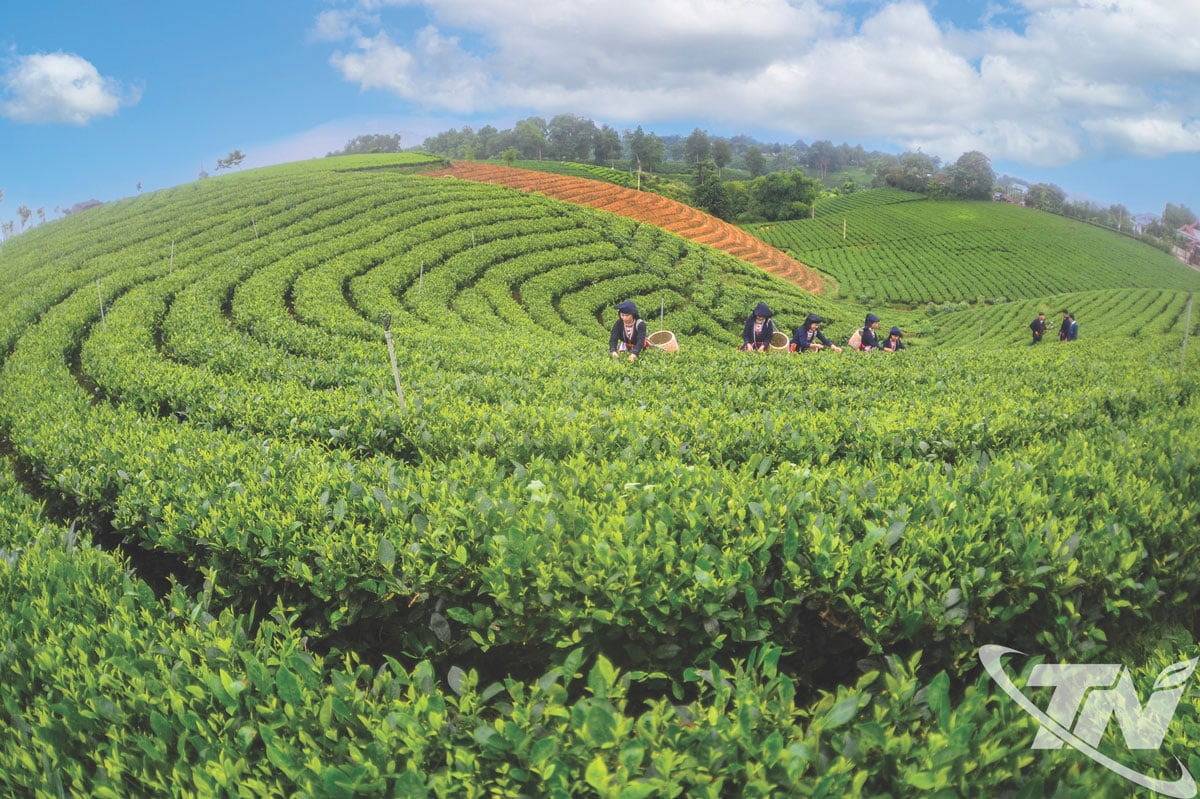 |
| Tea culture is the culture of stillness, of depth, is the narrative of the land. Photo by NSNA Do Tuan. |
Having the opportunity to join the festival atmosphere with the locals, one can feel the happiness when immersed in the valley of brilliant indigo and brocade colors.
During the festival, people not only perform the ritual of plowing the first furrows for a new crop, but also "sow" in each other's hearts the belief in a year of favorable weather and bountiful crops.
The main stage is where the artists sing the sweet Sli and Luon melodies. Visitors are no longer just outsiders, they are invited to join in the folk games, taste the Tay dishes, get drunk on corn wine and the Sli and Luon melodies.
I chatted with a family from Hanoi at the Long Tong Festival at ATK Dinh Hoa. The husband, a photographer, kept taking pictures. The wife was absorbed in trying on Tay costumes, while the little boy was excited about blindfolded goat catching. The wife shared: Every year we look for a highland festival to go to. Here, everything is so real, from the food, the singing to the smiles of the people.
A French visitor told me through an interpreter, his eyes filled with admiration: This is not a performance but a living museum.
“Living museums” as the French visitor shared is what cultural tourism should aim for. Now, Thai Nguyen has stories about tea trees, about miners, about ATK historical relics besides the legends about mountains, forests, rivers.
Thai Nguyen, along with the common cultural space of the Viet Bac region, possesses hundreds of large and small festivals, which can be connected into a series of events throughout the year: Spring Tea Festival, Hang Pagoda Festival, Duom Temple Festival, Long Tong Festival...
Each festival is a window into the spiritual life of a community. Visitors can start their journey by attending the Tea Festival in central Thai Nguyen, then continue north to attend the Long Tong Festival, Tham Temple Festival, Mu La Festival, etc. A journey that goes through many spaces but still within the same territory, bringing successive cultural experiences.
From potential to brand
The merger of Thai Nguyen and Bac Kan provinces has made Thai Nguyen land larger and wider, embracing both the gently sloping tea hills and the legendary blue Ba Be lake.
The historic merger has brought Thai Nguyen a huge cultural resource, with four main notes that make up the cultural identity of the new land: Tea - Then - Folk songs - Festivals. This is a solid foundation for building a unique tourism brand, attracting tourists in the region and the whole country.
However, a reality must be frankly acknowledged: Those values seem to still exist independently, like precious gems kept in separate boxes, not yet strung together into a splendid piece of jewelry, bearing a common brand.
Many new tours stop at the level of single visits: When you go to Thai Nguyen, you visit a tea hill, when you go to a cultural village, you listen to Then singing, when you go to a festival, you experience the festival. Rarely is there a product that integrates all of these experiences into a single journey.
During a recent business trip to Ba Be Lake, we had the opportunity to chat with Mr. Choi In Jun, a tourist from Korea. He was extremely impressed with the magical beauty of Hua Ma Cave and the poetic scenery when taking a boat trip on Ba Be Lake. He excitedly told about the experience of listening to Then singing right on the boat. But then he blurted out: Everything was great. There is only one regret. If only right now, in the middle of this cloudy lake, I could enjoy a cup of hot Thai Nguyen tea, it would be a perfect experience.
Mr. Choi's words reminded me of the missing pieces to create a complete cultural tourism picture.
The idea of a journey of "One route - Many experiences" began to take shape more clearly.
How interesting it is when in the morning, tourists go up to the tea hill, pick young buds by themselves, then dry the tea and enjoy their products in a fresh space. At noon, they go down to a Tay village, have a local meal in a stilt house and listen to artisans tell old stories through the Tinh lute. In the afternoon, tourists participate in activities to prepare for a small festival of the village, or learn some bamboo dances. In the evening, by the flickering fire, they sip a cup of fragrant tea together, letting the Then, Sli, and Luon melodies lull their souls into a peaceful sleep.
That journey is not just a mechanical combination, but a subtle emotional guidance, from taste to hearing, from physical activity to spiritual contemplation.
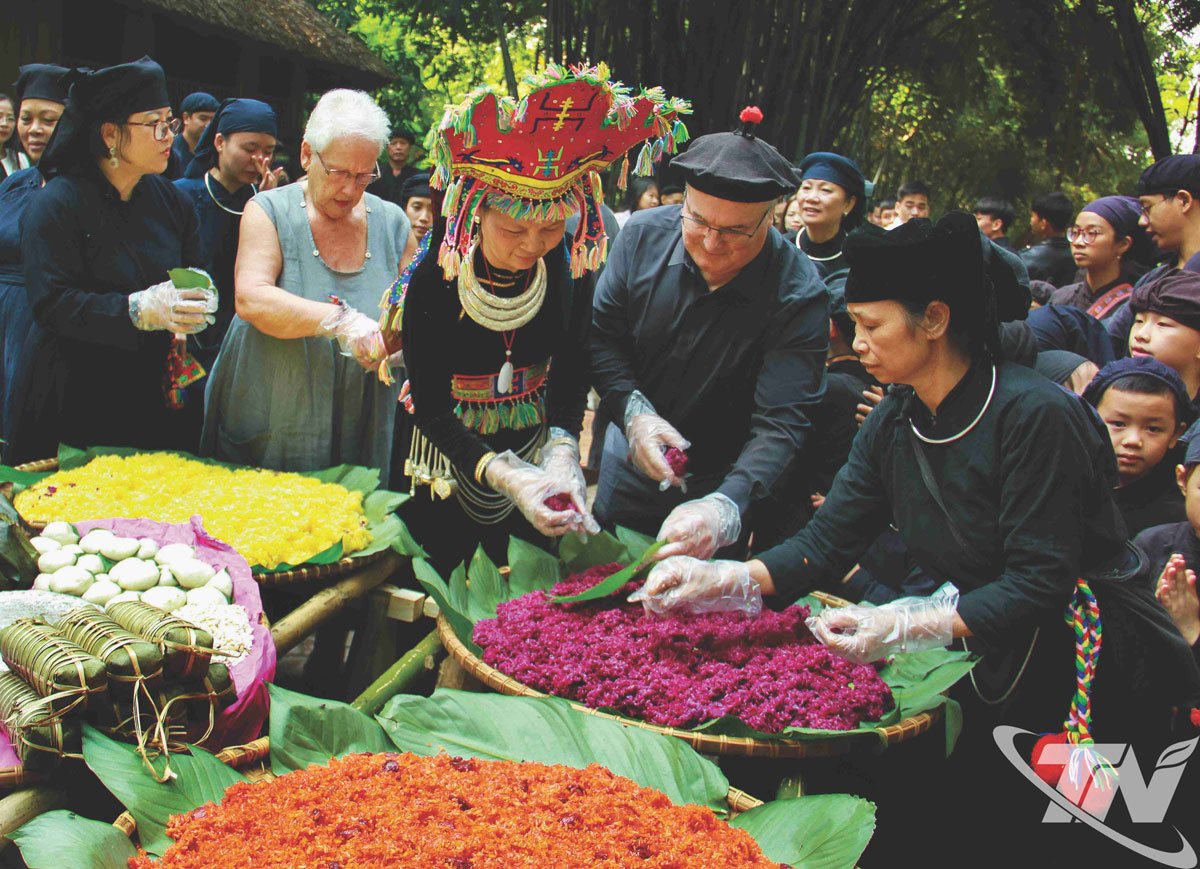 |
| Tay people's new rice festival at Thai Hai ethnic ecological stilt house village conservation area. Photo: TL |
How necessary are intelligently designed tours that logically connect destinations with guides who have a deep understanding of both Tra and Then cultures, and can tell visitors the story of the miraculous reunion between Then and Tra.
And it is necessary to expand more community cultural tourism villages, where people both produce and perform, and are also direct beneficiaries, such as the Thai Hai Ethnic Ecological Stilt House Village Conservation Area. And in the digital age, stories told through images, sounds, and vivid films to spread this beauty to the world are extremely necessary.
These concerns are also the vision that leaders at all levels have been aiming for. The statements about “taking tea culture as the center” and “developing community and ecological tourism” by provincial leaders in recent years now have more basis and motivation to become reality.
The newly established Thai Nguyen province is a golden opportunity to turn those strategic orientations into specific action plans, making tourism truly a spearhead economic sector.
Leaving the tea hills on a hazy afternoon, when the sunset began to dye the distant mountains purple, my heart was filled with a strong belief.
I believe that when the most core values are cherished and told through an inspiring story, Thai Nguyen will not only be a destination on the tourist map. This place will become a land of memories, a place where people always want to return to, to hear, to see, to fully feel the "duet" of land and people with the notes of Tra - Then - Folk songs - Festival culture.
Source: https://baothainguyen.vn/van-nghe-thai-nguyen/202508/khuc-ngan-ca-mo-canh-cua-du-lich-thai-nguyen-8de1546/



![[Photo] The first meeting of the Cooperation Committee between the National Assembly of Vietnam and the National People's Congress of China](https://vphoto.vietnam.vn/thumb/1200x675/vietnam/resource/IMAGE/2025/8/31/f5ed4def2e8f48e1a69b31464d355e12)
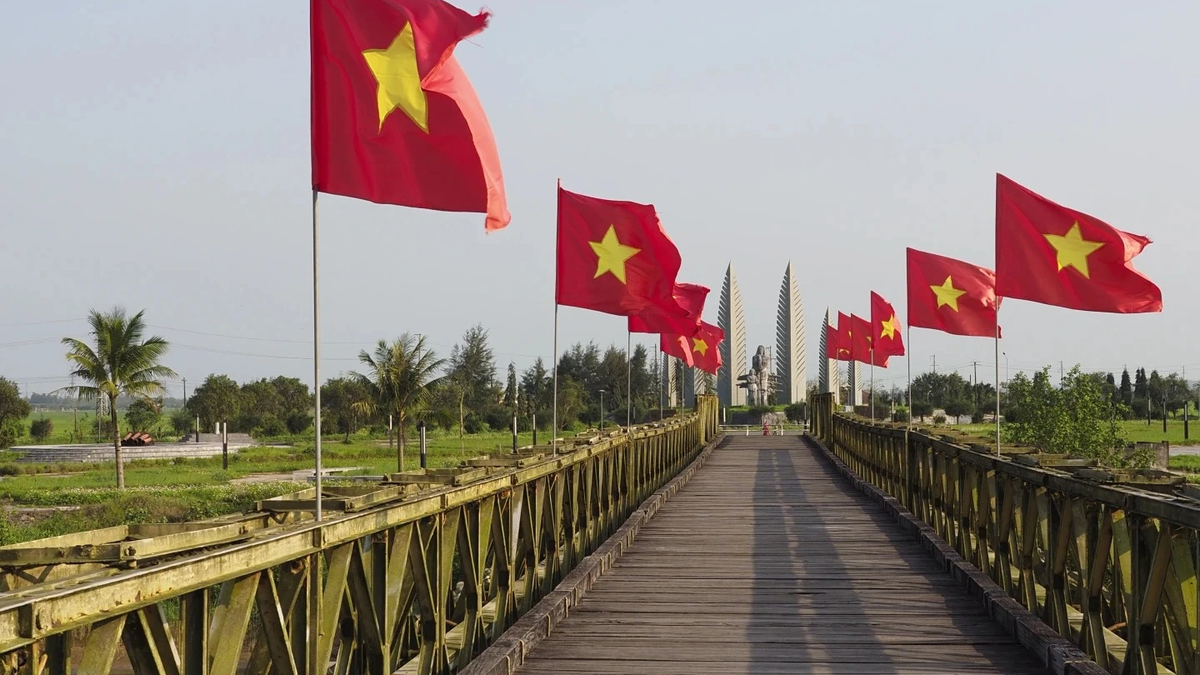
![[Photo] General Secretary To Lam receives Chairman of the National People's Congress of China Zhao Leji](https://vphoto.vietnam.vn/thumb/1200x675/vietnam/resource/IMAGE/2025/8/31/5af9b8d4ba2143348afe1c7ce6b7fa04)
![[Photo] National Assembly Chairman Tran Thanh Man welcomes and holds talks with Chairman of the National People's Congress of China Zhao Leji](https://vphoto.vietnam.vn/thumb/1200x675/vietnam/resource/IMAGE/2025/8/31/9fa5b4d3f67d450682c03d35cabba711)
![[Photo] Marching together in the hearts of the people](https://vphoto.vietnam.vn/thumb/1200x675/vietnam/resource/IMAGE/2025/8/31/8b778f9202e54a60919734e6f1d938c3)

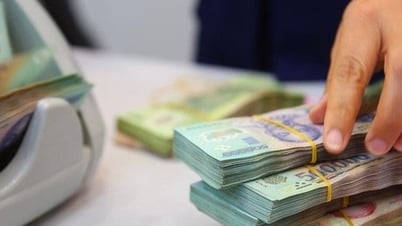
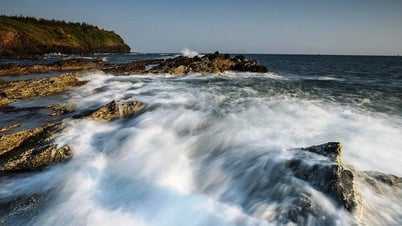

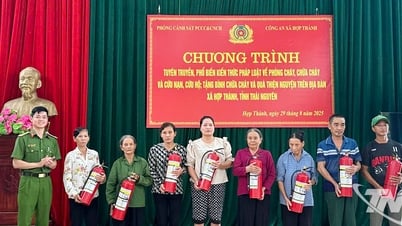
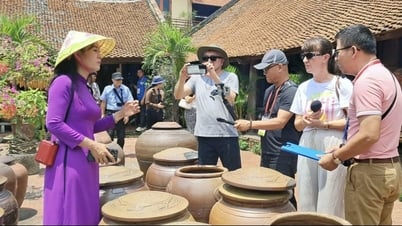

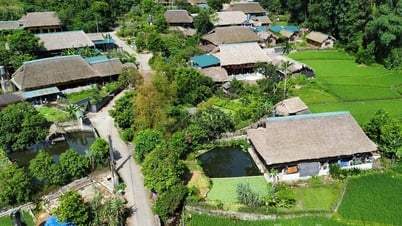

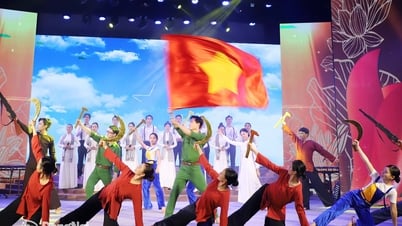

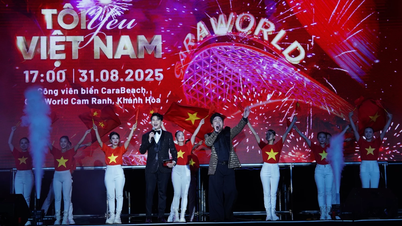

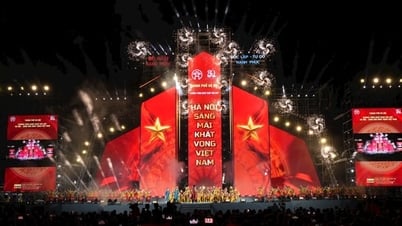

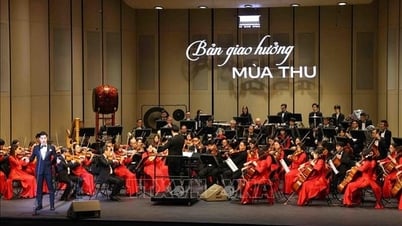


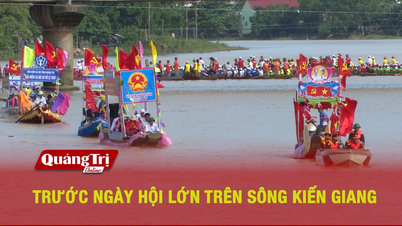

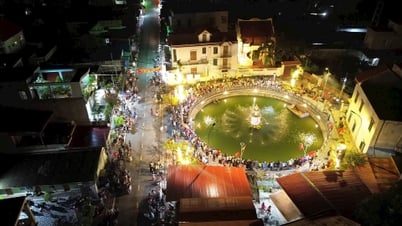




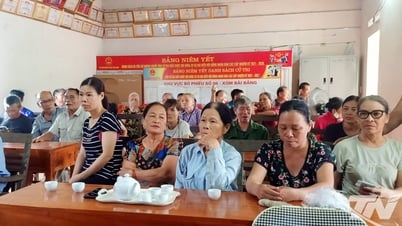
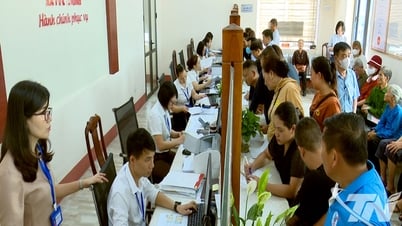
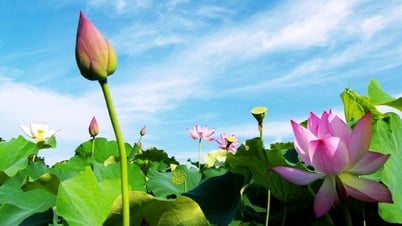
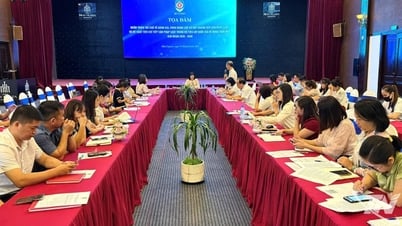
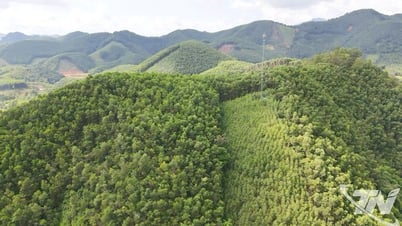
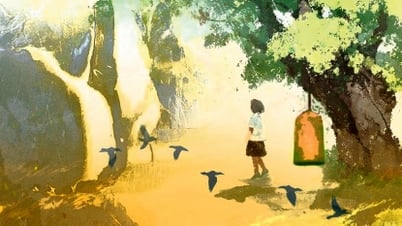
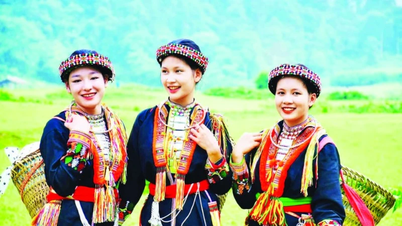




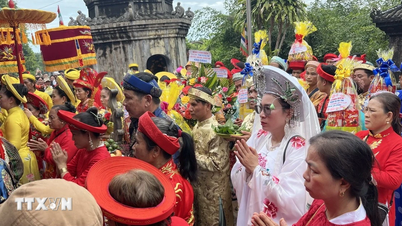

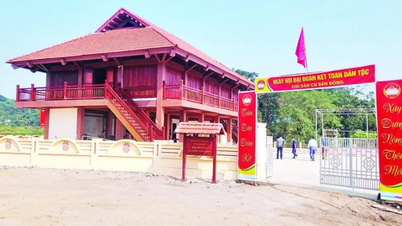




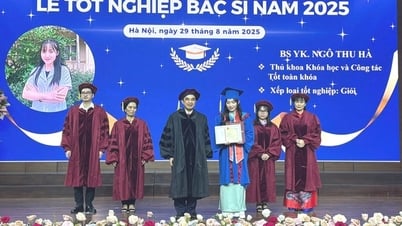



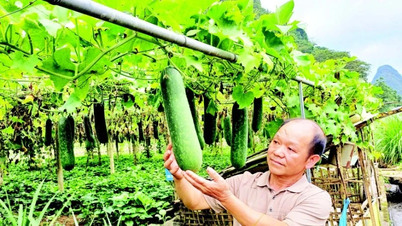





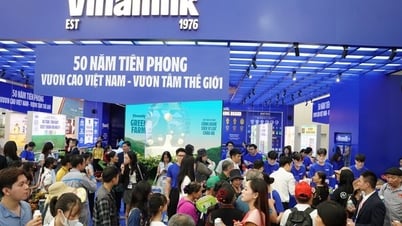
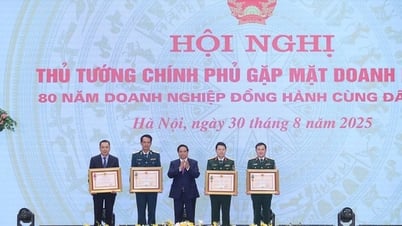
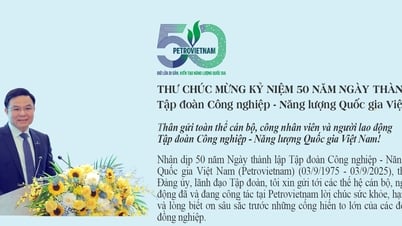

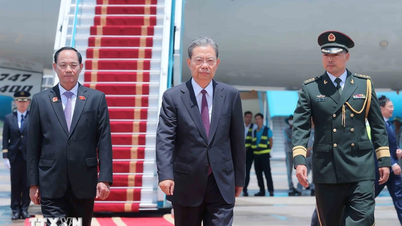

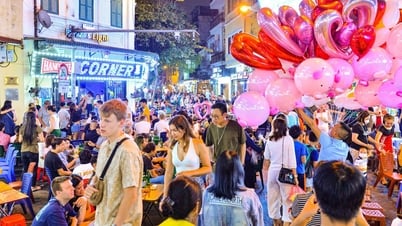
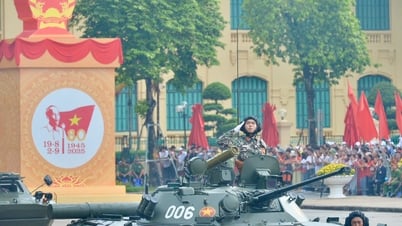


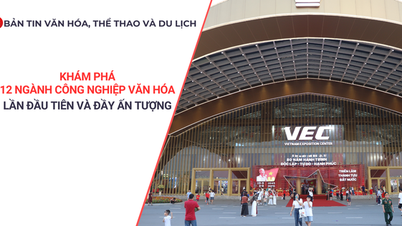


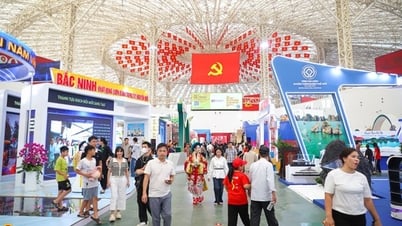

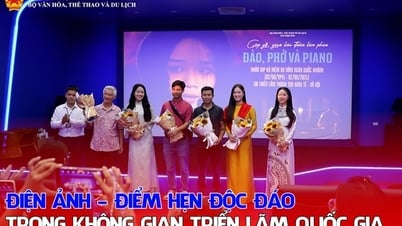
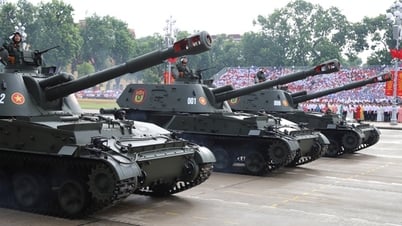
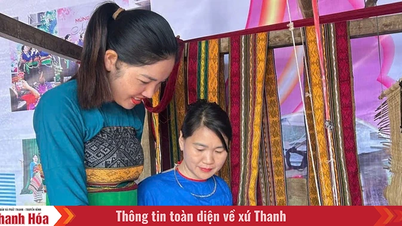

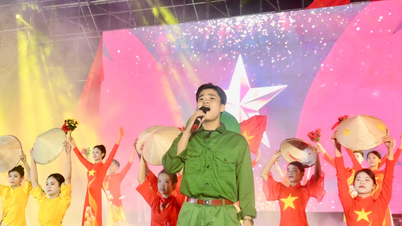

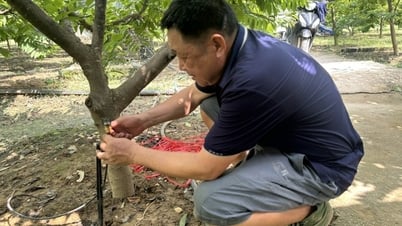

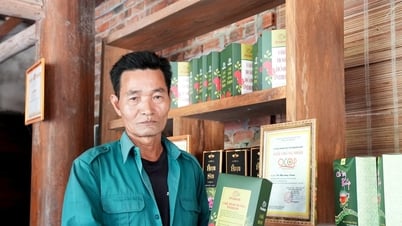

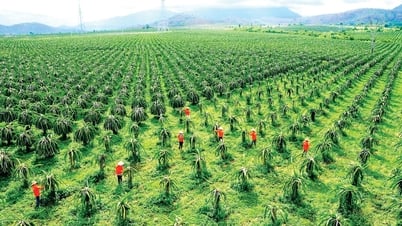


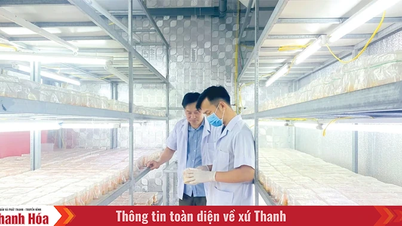


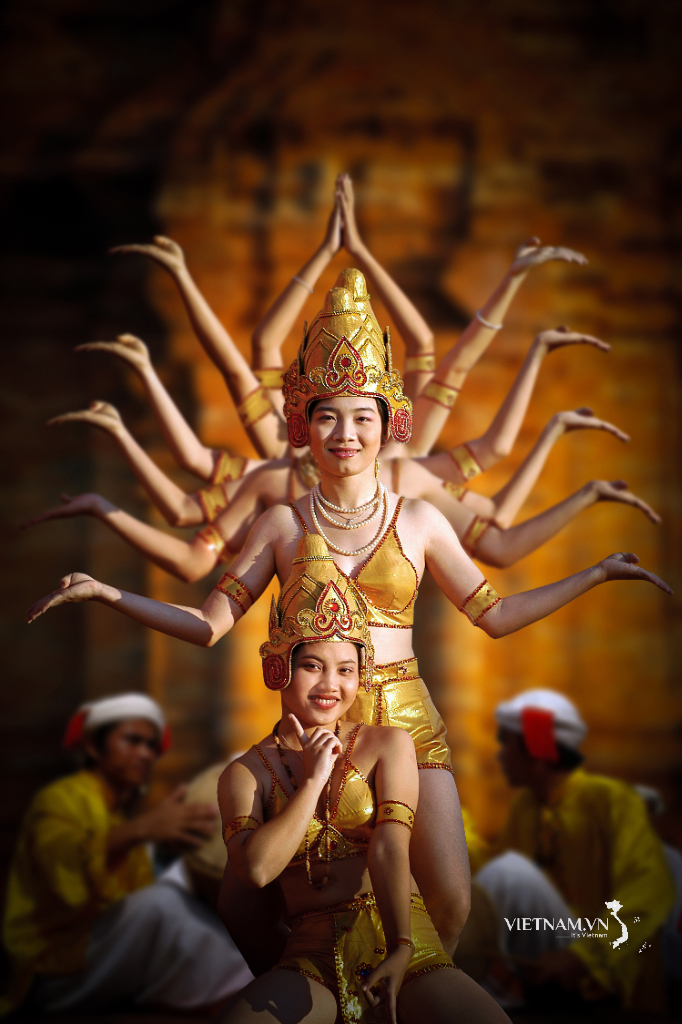
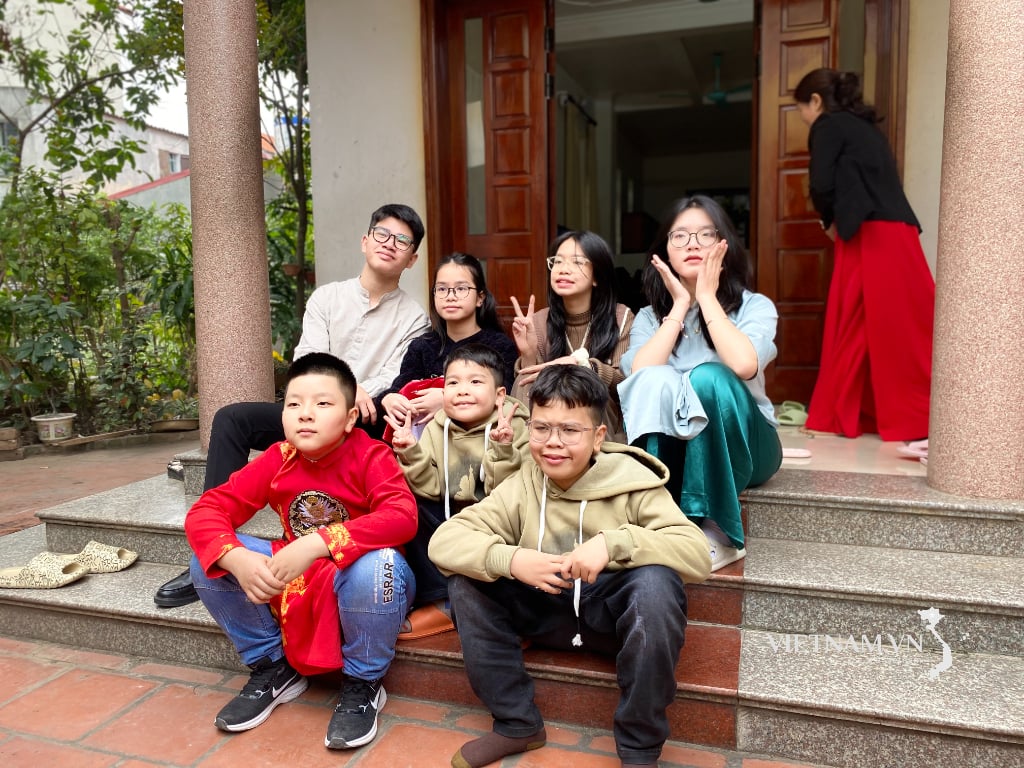
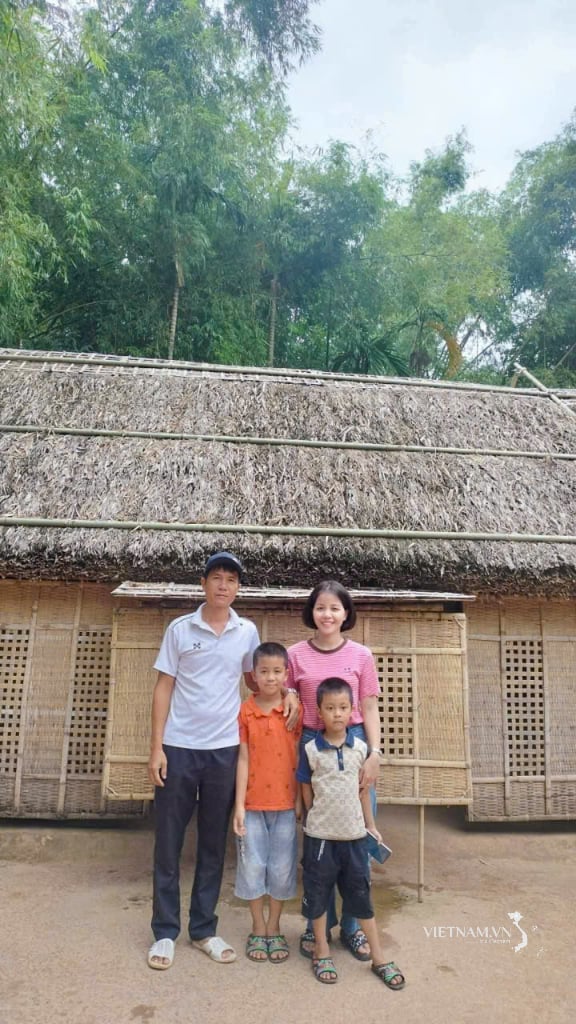
Comment (0)